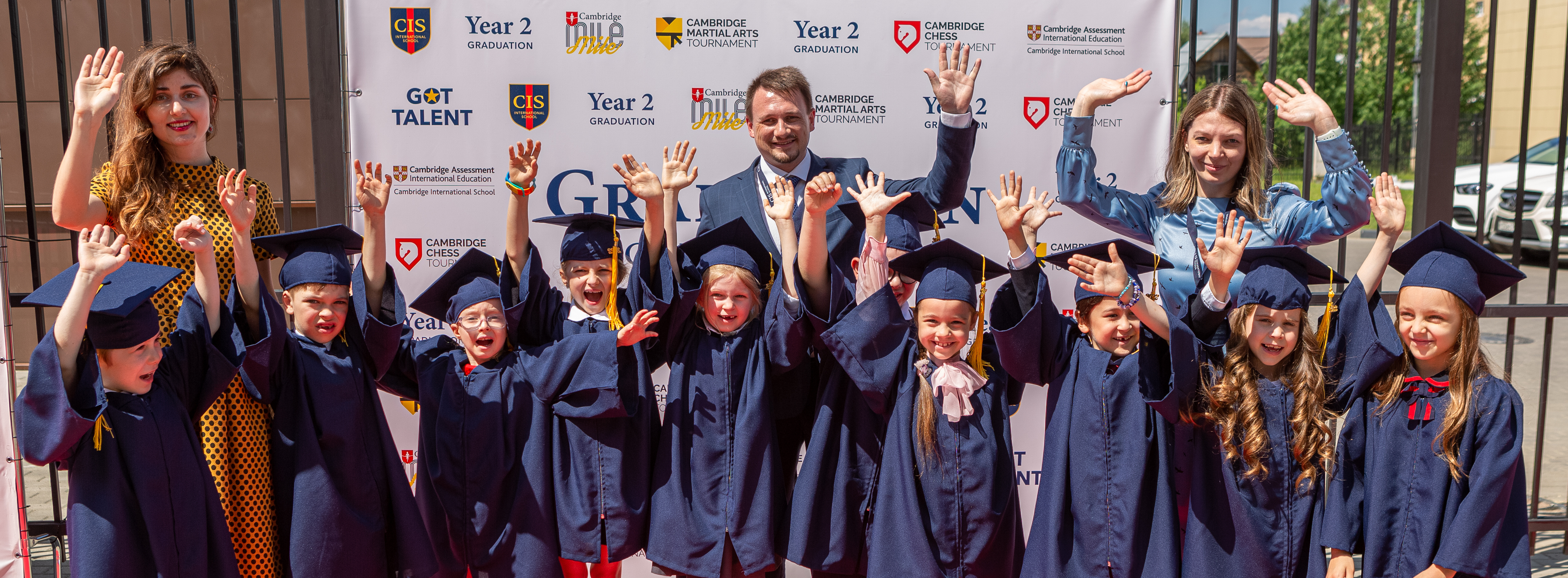
In an era of rapid change and growing competition in education, traditional grades and exam scores are no longer the sole key to the doors of prestigious universities. An increasing number of institutions worldwide, including leading ones in the USA, the UK, and Europe, are focusing on a holistic view of the applicant. This is where portfolios come into play—a flexible tool that allows students to showcase not only academic achievements but also personal growth, creative potential, and practical skills. At CIS (Cambridge International School), we believe that university admission is not an end in itself, but a natural stage in a child’s comprehensive development. Let’s explore how portfolios serve as an alternative to grades and how our school prepares pupils for this.
Why Portfolios Outshine Traditional Grades
Traditional assessment systems, based on test scores and exam results, often provide only a superficial picture of a pupil’s knowledge. They fail to reflect how a child applies that knowledge in practice, overcomes challenges, or collaborates with others. A portfolio, by contrast, is a collection of work, projects, essays, references, and even video presentations that tells the story of a student’s development. For instance, universities such as MIT or Stanford increasingly require applicants to demonstrate real accomplishments: from scientific research to volunteering projects.
At CIS, we help pupils create portfolios that highlight each individual’s uniqueness. These may include:
- Project work: Reports on independent research or group projects, demonstrating analytical thinking.
- Public speaking: Videos from conferences, such as MUN, or debates, illustrating communication and public speaking skills.
- Creative elements: Artwork, programming code, or business plans for those oriented towards creative or technical fields.
Such alternative presentation methods help universities see not just a “good pupil,” but a future leader or innovator.
The CIS Approach: From Early Career Guidance to Successful University Study
At our school, university admission is not the finishing line, but part of a long-term journey. We begin with early career guidance, helping children make informed choices about their specialism, university, and subjects at IGCSE and A-level. Our teachers conduct sessions where pupils analyse their interests, strengths, and global labour market trends. For example, if a child is passionate about technology, we recommend subjects like Computer Science or Mathematics at A-level to build a foundation for top universities such as Cambridge or Oxford.
This is followed by thorough preparation for international examinations—IGCSE and A-level—but with an emphasis not only on knowledge, but also on skills for effective university study. We develop:
- Mindset: Critical and creative thinking through discussions and problem-based learning.
- Transferable skills: Project work teaches planning and teamwork; public speaking builds self-confidence; constructing arguments in negotiations fosters persuasion and compromise.
As a result, our graduates not only gain university places but also adapt successfully, becoming active participants in academic life.
Emphasis on Early Development: The Foundation for Future Success
We understand that the foundation is laid in early childhood. Therefore, our approach begins with developing cognitive skills, socialisation, and emotional intelligence. Early development aids children not only in academic growth but also in building a well-rounded personality.
- Cognitive skills: Through games and experiments, we stimulate curiosity, logic, and memory. For instance, in the early years, children solve simple programming tasks or conduct mini-research.
- Socialisation: Group activities teach interaction, empathy, and conflict resolution.
- Emotional intelligence: Our psychologists help children recognise emotions, manage stress, and build healthy relationships.
Recommendations from CIS Specialists and Comparison of Approaches
Our teachers and psychologists recommend starting early development with programmes tailored to the child’s needs. Here is a comparison of several popular approaches:
- EYFS (Early Years Foundation Stage): The British programme we use at CIS. It focuses on seven areas of development (communication, physical development, personal and social, etc.), with play as the primary learning method. Advantages: structured, oriented towards school readiness.
- Montessori: An approach where children choose activities in a prepared environment. It develops independence and cognitive skills through sensory materials. Advantages: fosters independence; drawbacks: may have less socialisation and consistency.
- Private bilingual nursery: A blend of two languages (e.g., Russian and English) with elements of play and creativity. At CIS, we integrate bilingualism from the earliest years. Ideal for international families. Advantages: develops language skills and cultural adaptability.
CIS specialists advise combining elements: starting with EYFS for structure and adding bilingualism for global thinking. “Early development is an investment in a confident and adaptable individual,” notes our lead psychologist.
Conclusion: Portfolios is a Mirror of True Talent
At CIS, we believe that true success lies in harmonious development, not in chasing grades. Portfolios become a powerful tool, enabling students to present themselves to universities as multifaceted individuals. Starting from early childhood and continuing through career guidance, we prepare children not just for higher education, but for a life full of achievements. If you are seeking a school where education is a path to self-realisation, we invite you to CIS!



